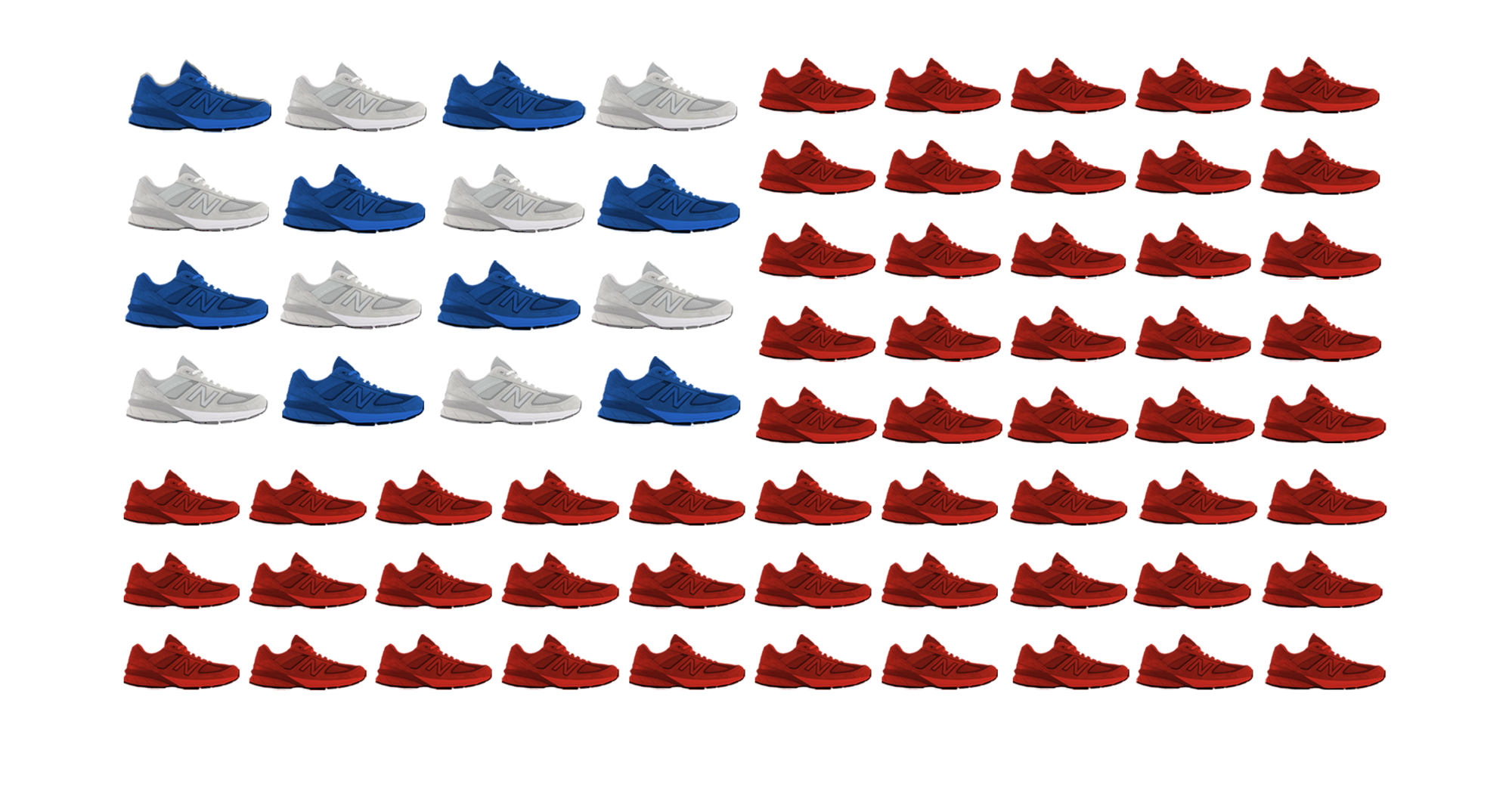
Best Reader Tips of 2021
This year reader tips led to dozens of ad alerts, as well as a complaint to regulators.

Though there are laws in place to protect artists and consumers from misrepresentation of Native American arts and crafts products, it doesn’t always protect buyers from scam artists.
An investigation by the Indian Arts and Crafts Board (IACB), part of the U.S. Department of Interior (DOI), and the New Mexico Attorney General’s Office into jewelry being sold by Golden Bear Trading revealed that the Santa Fe company had been selling fraudulent Navajo jewelry claiming that it was made by renowned artist, Calvin Begay. As a result, the IACB and the New Mexico AG’s Office filed lawsuits against Golden Bear Trading and, in July 2009, the company finally agreed to stop the fraudulent sales, pay more than $12,000 to the IACB and the New Mexico AG’s office, and provide refunds for a four month period to the unsuspecting consumers who bought the phony jewelry.
The DOI passed the Indian Arts and Crafts Act in 1990 to help protect artists and consumers.
The Indian Arts and Crafts Act of 1990 (P.L. 101-644) is a truth-in-advertising law that prohibits misrepresentation in marketing of Indian arts and crafts products within the United States. It is illegal to offer or display for sale, or sell any art or craft product in a manner that falsely suggests it is Indian produced, an Indian product, or the product of a particular Indian or Indian Tribe or Indian arts and crafts organization, resident within the United States.
Unfortunately, fraud of this kind remains a problem. To report it, you can file a complaint on the IACB website.
This year reader tips led to dozens of ad alerts, as well as a complaint to regulators.
TINA.org files a complaint with federal regulators over shoemaker’s deceptive made in the USA claims.
Comparing the amount companies agree to pay to settle deceptive marketing charges with their annual revenue.

